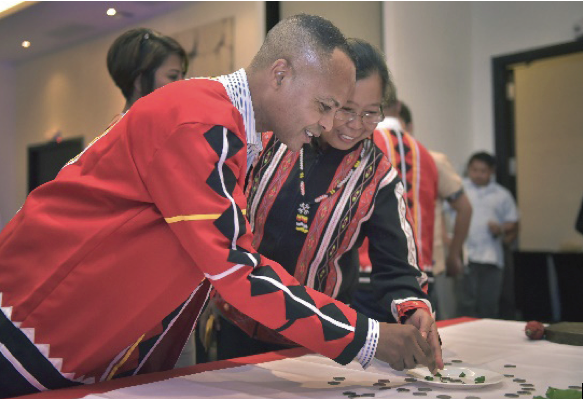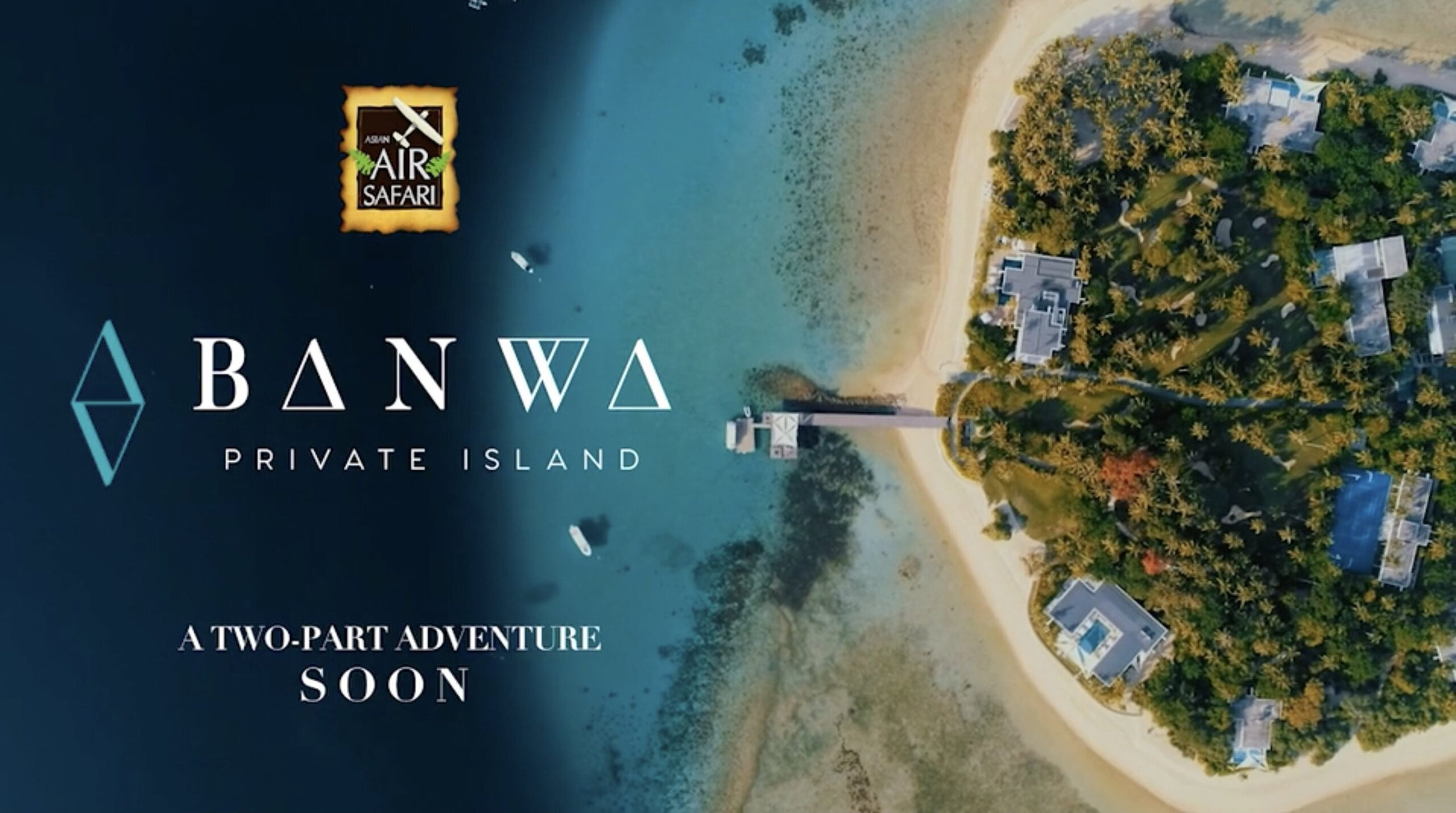
The painted faces, vibrant balloons, and whooping cheers have gone; and the overall celebratory vibe following the Permanent Court of Arbitration in The Hague ruling that China has no historic title over the waters of the South China Sea was short lived to say to least. China has long said that it will not honor any decision made by the arbitration court. And in the two weeks after the international court’s ruling, the Philippines, along with the rest of the claimants of the disputed waters are left with the same uncertainty as before the decision came out.
Phl rejects Beijing talks condition
According to Foreign Secretary Perfecto Yasay, the Philippines rejected China’s request for talks on the dispute when it asked Manila to “disregard” the recent court ruling.
“They asked us also to open ourselves for bilateral negotiations but outside of and in disregard of the arbitral ruling, so this is something that I told him was not consistent with our Constitution and our national interest,” Yasay said a week after the ruling came out.
The South China Sea is a major economic waterway where an estimated US$5 trillion worth of trade moves through annually. But there are also discussions to be made on a smaller scale, particularly with how Filipino fishermen can regain access to the Scarborough Shoal.
According to Yasay Chinese Foreign Minister Wang Yi expressed that China would like to enter discussions on how Filipino fishermen could be given access to that area, albeit “not in the context of the arbitral ruling.”
“They said, ‘If you will insist on the ruling, discussing along those lines, then we might be headed for a confrontation,” said Yasay.
“We have asked China to exercise restraint and sobriety in this regard, that we maintain the status quo for now in terms of not taking aggressive actions… not coming out with any provocative statements,” he added, while admitting that direct talks with China were unlikely to start anytime soon because of Beijing’s staunch refusal to honor the ruling.
Restraint lost in translation
Restraint and sobriety was far from the tune Adm. Wu Shengli carried when he said that China will not stop the ongoing construction in the disputed waters. “We will never stop our construction on the Nansha Islands [Chinese name for the Spratly chain] halfway, Wu was quoted by Xinhua.
As noted by a Philippine Star report via the Chinese state-run Xinhua news agency, Sun Jianguo, admiral and deputy chief of the Joint Staff Department of China’s Central Military Commission, for his part, said that freedom of navigation patrols carried out by foreign navies in the South China Sea could end “in disaster.”
The US has stirred the ire of Beijing by conducting freedom of navigation patrols near the Chinese-held islands.
“When has freedom of navigation in the South China Sea ever been affected? It has not, whether in the past or now, and in the future there won’t be a problem as long as nobody plays tricks,” Sun reportedly said, according to the transcript of his comments seen by Reuters.
“China consistently opposes so-called military freedom of navigation which brings with it a military threat, and which challenges and disrespects the international law of the sea. This kind of military freedom of navigation is damaging to the freedom of navigation in the South China Sea, and it could even play out in a disastrous way,” Sun added.
On July 18, China also announced that it commenced what would be regular military air patrols over the disputed island and shoals of the South China Sea. As reported by the NYT News Service, the announcement of the air patrols, along with Chinese military exercises off the coast of Hainan island came during Adm. John Richardson, chief of US naval operations, was in Beijing to discuss issues surrounding the South China Sea.
By TIMOTHY JAY IBAY
More questions follow South China Sea arbitral ruling
Published on July 29, 2016
This post was last updated on March 26th, 2020 at 02:59 pm







